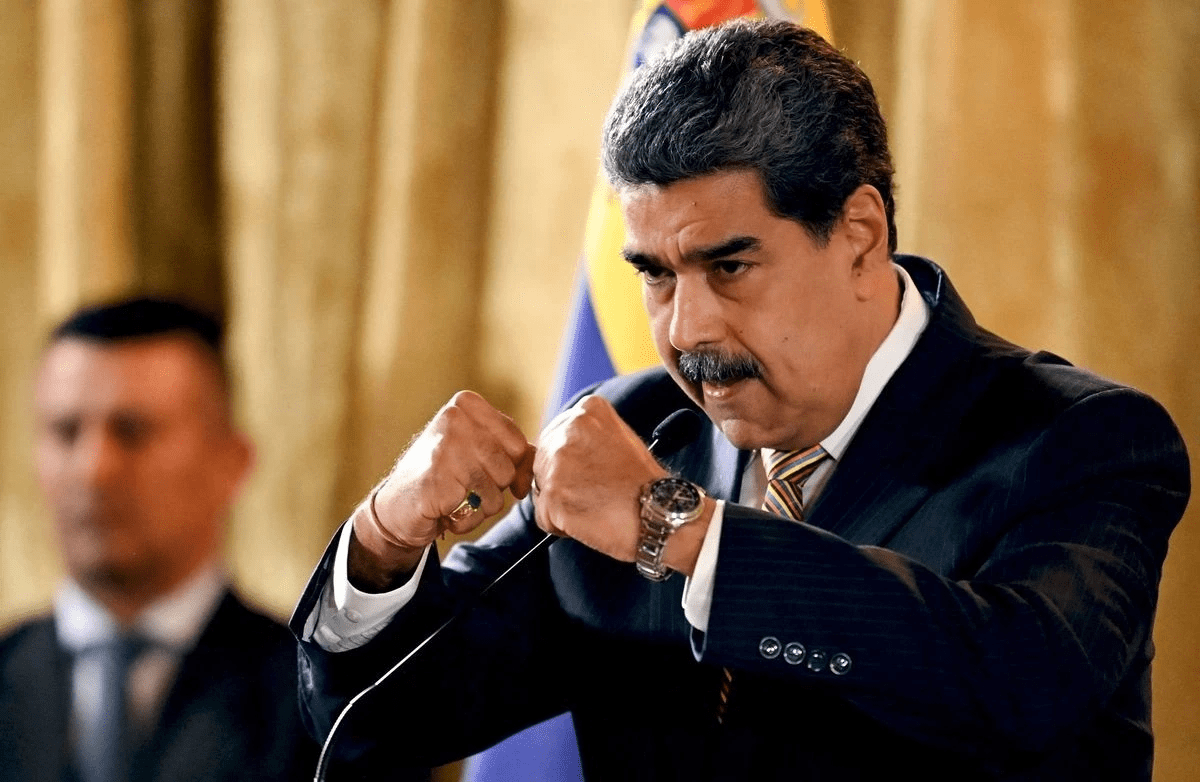The president of Venezuela, Nicolás Maduro, led an event in Parliament yesterday in “defense of sovereignty,” where he called for unity to protect the homeland “above all things. It is not a time for differences or colors, one single flag shelters us!” he stated, while the Russian Foreign Minister, Sergei Lavrov, expressed Moscow's political support to Venezuelan Vice President Delcy Rodríguez in her efforts to “defend national sovereignty and ensure institutional stability” amid “growing external pressure.”
Likewise, the Venezuelan government firmly rejected the “infamous” statement from the Guyanese government supporting the U.S. military deployment in Caribbean waters. It reveals their “condition as a pawn of dark imperial interests and Exxon Mobil,” stated Foreign Minister Yván Gil.
Maduro called for the unity of different political, social, economic, and academic sectors “in the face of foreign threats.
Our wealth is more than gold, oil, gas; it is spiritual, moral, ethical,” emphasized the president.
The Venezuelan Vice President thanked Russia for its “unconditional” support “in the face of the escalating threats from the United States government” against the Venezuelan president, in a phone conversation with Lavrov.
On the other hand, Caracas accused Georgetown of being “a pawn” of Washington's interests, after Guyana expressed its “deep concern about the threat to peace and security in the region posed by transnational organized crime and narcoterrorism, which often involves criminal networks such as the Venezuelan Cartel of the Suns, designated as a terrorist organization by countries in the region.”
The Guyanese statement –which was shared on social media by U.S. Secretary of State Marco Rubio– came three days after the White House announced that President Donald Trump is willing to use “all elements of power” to prevent “drugs from flooding” the United States, and confirmed the deployment of three ships with 4,000 soldiers in Caribbean waters.
Caracas responded that “this is a ridiculous provocation that hides the truth.” Guyana renounced “its sovereignty for a few corrupt coins and has become a kneeling and submissive government, willing to betray the dignity of its own people,” stated the communiqué.
Venezuela pointed out that the “(U.S.) maneuver seeks to sow instability in the Caribbean and Latin America, supporting its failed attempt to strip Venezuela of the Esequibo Guyana,” a territory in dispute between both nations for over 100 years.
The United States, which invaded Panama in 1989, has made deployments in the Caribbean in the past, but this time coincides with the increase in the reward it offers for “information leading to the capture” of the Venezuelan president, whom they accuse of links to drug trafficking.
“We are brave, strong (...) and as children of Bolívar, we will respond,” indicated Gloria Hernández, a 70-year-old retiree.


